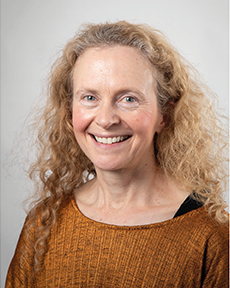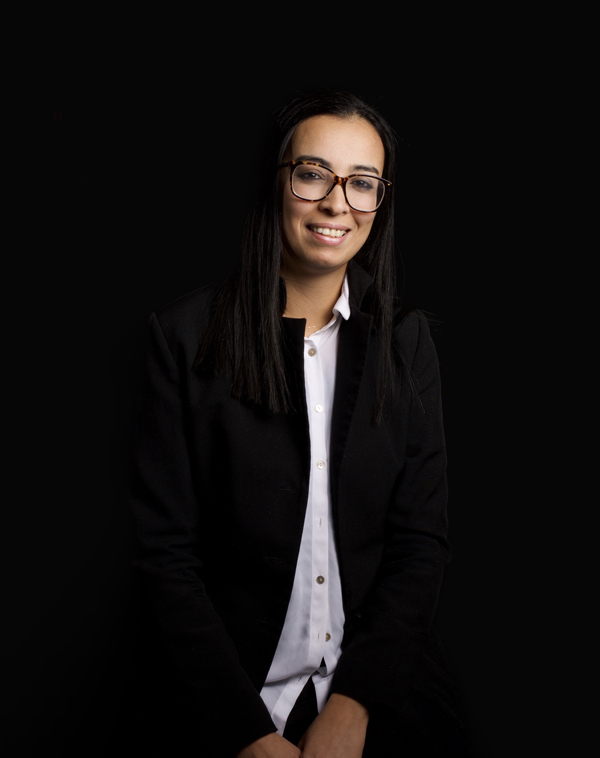The 2024 speakers are:
Laura Machesky, Dept Biochemistry, Cambridge, UK
Cell migration, actin dynamics and cancer metastasis
Cell migration allows the shaping of complex tissues during development, the homing of immune cells and also the escape of cancer cells from a tumour during metastasis. During their journeys, cells encounter environments of varying stiffness, texture and composition. They respond to environmental forces with changes in shape, adhesion and signaling. Tumours create stressful environments, imposing challenges of starvation, pressure and physical barriers on cells that require plastic adaptive behaviour. Tumours frequently are stiffer than normal tissues due to fibrotic extracellular matrix and compression forces due to their rapid growth. Cancer metastasis remains the most deadly aspect of solid tumours and the most intractable.
We are interested in how the extracellular environment shapes the responses of cells and drives activities such as migration, extracellular matrix remodeling and energy flux. We recently discovered that pancreatic cancer cells can sense the stiffness of their environment and respond not only with changes in migration, but also with metabolic adaptations that fuel enhanced invasiveness. This led us to hypothesise that cells couple their metabolic machinery to their cytoskeletons to optimise energy flow during stressful energy-consuming activities, such as invasion of extracellular matrix. Cells can also repurpose their actin cytoskeletons to take up nutrients via macropinocytosis and phagocytosis and thus address energy shortages. We study how cells make decisions about whether to use their cytoskeleton to eat or to walk and thus how they achieve plasticity to survive various environmental challenges.
Research Objectives:
- Understand how cancer cells adapt their cytoskeletons and energy flux when they invade in complex 3-dimensional environments
- Understand how the cytoskeleton and the cellular metabolic machinery crosstalk to fuel cell migration and invasion
- Uncover mechanisms behind cellular decisions to purpose actin dynamics toward migration vs nutrient uptake by macropinocytosis
- Use bioengineering to create complex, yet precisely controlled, environments that mimic in vivo conditions
Assia Asrir, Opscidia, Paris, France
R&D Project Manager
Opscidia uses artificial intelligence to exploit databases of scientific articles to support R&D and innovation within private companies.
Today, our solutions are used in France and abroad by major groups, consulting firms, publishers, public institutions and industrial companies.
Assia ASRIR holds a PhD in Life Sciences, with a focus on immuno-oncology.
She has worked at inserm, cnrs and the Toulouse oncopole on fundamental, translational and clinical research topics.
Since January 2022, she has held the position of R&D Project Manager within the team. Thanks to her expertise, she brings a whole new dimension to the team’s projects.


